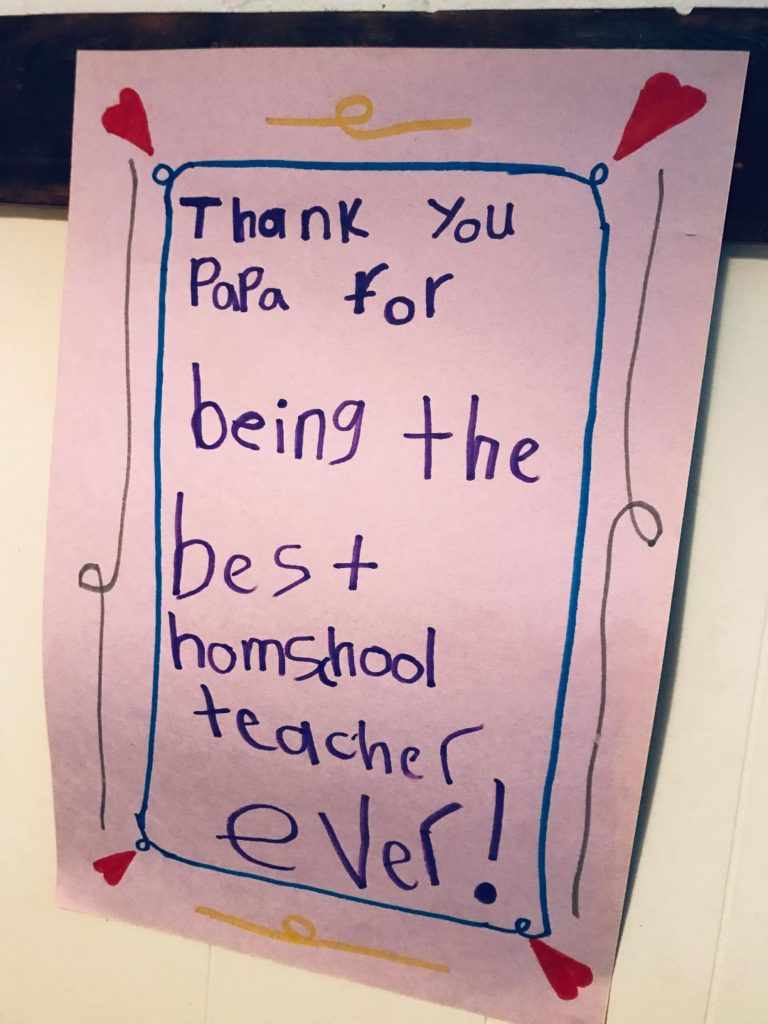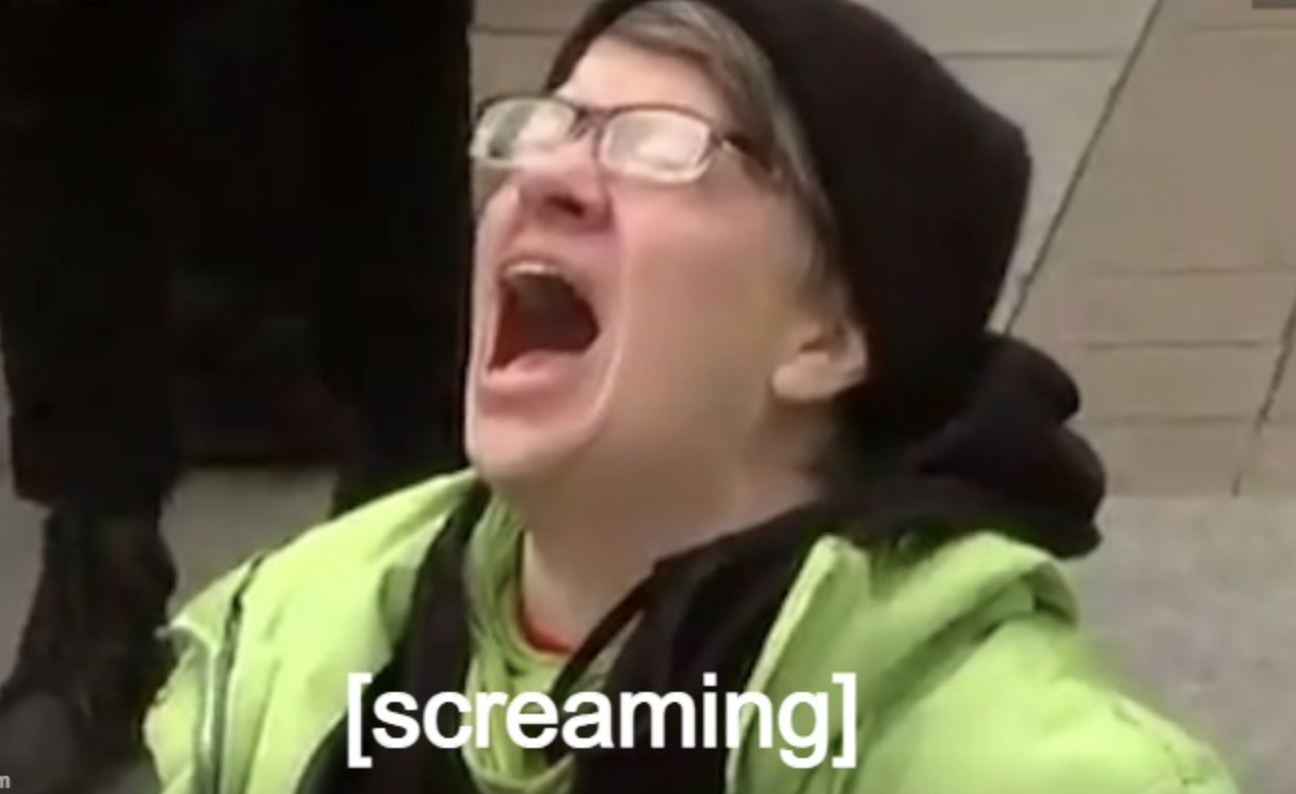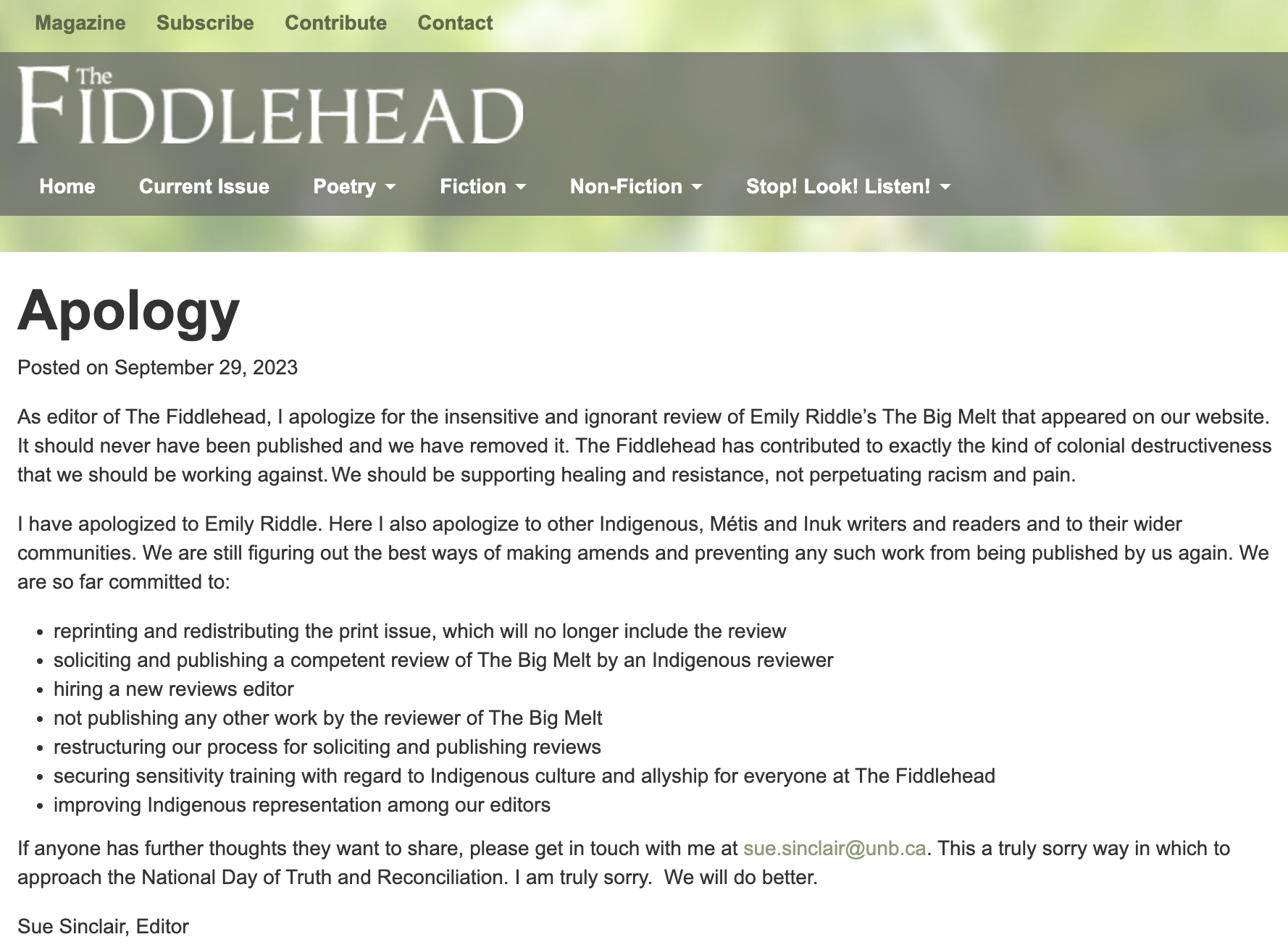
Brent van Staalduinen is the author of the novels BOY and NOTHING BUT LIFE (both forthcoming from Dundurn Press) and SAINTS, UNEXPECTED. His stories have won numerous awards and have appeared in The New Quarterly, Prairie Fire, The Sycamore Review, The Fiddlehead, Event, Litro and elsewhere. A recovering tree planter, army medic, radio host, and high school English teacher, Brent now finds himself wandering around Hamilton, Ontario looking for stories, working at the public library, and figuring out what it means to be a family guy.
The launch dates for BOY and NOTHING BUT LIFE are being postponed until September 26, 2020, and February 21, 2021. Was there much of a discussion with your publisher about delaying? The gamble for those who take this option is that things will have improved by then, but there’s no guarantee that will happen. Does your publisher have plans to use new promotional methods if conditions remain challenging for booksellers during this pandemic?
As soon as COVID started dictating the rhythms of our daily lives, I had a sinking feeling that it would impact the launch dates for the novels, so it was no surprise when Scott Fraser (Dundurn’s President) emailed me to let me know about the delays. It was a bummer, but absolutely the right call: publishers and printing houses had been declared non-essential, so they had to close up shop, meaning very little was getting done. Some books that were already printed were still released, of course, and publishers (including Dundurn) have been doing their best to push sales online. If things haven’t significantly opened up by then and we’re forced into new strategies, I know that Scott and his crack crew will do their best to promote my work.
Launching books requires a higher-than-usual amount of bragging, announcing, asking, and promoting. These are not fun verbs for some writers who would rather burrow into a manuscript or read a book. Will you transform into a salesperson prior to the launch of these books? What have you done to promote the books, and which actions have been most effective?
I can totally relate! As an introvert, my last instinct is to get in people’s faces and push myself and my work to others. Still, one of the best lessons I’ve learned is not to be precious about getting myself out there: these days, we have to self-promote to sell books, and I think most people understand that, and mostly appreciate the reminders. The proviso to that, of course, is not to be annoying about it and spam my email subscription lists or my social media feeds. For me, local support has been key: with SAINTS, UNEXPECTED, the local news media helped cover my release, and working at the Hamilton Public Library has also been a great way to increase my visibility and for people to get to know me as a writer.

On your Facebook post, you mentioned the importance of pre-sales to the fate of a book? What good things come from high pre-sale numbers?
This is a non-scientific answer, but good pre-sales accomplish two main things. First, they get rolled into all the algorithms that drive online sales, so if a book does well in pre-sales, it can “get noticed” and therefore added to lists: best-of, most-anticipated, top-10, read-this-on-the-toilet, and so on. Second, it tells my publisher that my work is anticipated, which reassures everyone that my novel will likely be an okay investment. (One likes to keep one’s publisher — i.e. the majority pre-release stakeholder — happy and excited!)
My publisher thinks the number one seller of books is word of mouth. Social media is the obvious choice, but what about activities in real life? Will you always have copies of your book on you, wherever you go? Will you bring up the book to everyone you meet? Are you willing to personally visit small, independent bookstores to promote your product?
I do tell as many people as I can that I’m a writer and that I have books coming out with a notable publisher; I carry business cards with all the pertinent information, and even offer to text/email my information on the spot so I don’t get forgotten (this time around, I even have bookmarks provided by Dundurn). Again, the key is not to be precious but also not to be annoying about it. I’m absolutely willing to visit small stores: I love independent booksellers, who are some of the biggest advocates for authors out there.
The Internet allows a by-the-minute analysis of how things are going through traffic monitors, rankings, and review sites. Do you enjoy tracking this kind of stuff, or will you make an effort to avoid it? Do you find it invigorating or draining?
I might not use the word “enjoy,” but I am fairly curious about such things, so I drop in from time to time to see what people are saying.
This is a quote from our last interview: “I use Twitter and Facebook, although I find social media more of a rage-inducing time-suck than anything else, due to the incredible volume of idiots screaming and refusing to listen to each other. I know a few people who use it well, but I can’t dedicate the time to as much self-promotion as I’d like, and so it is what it is.” Has your position changed on this? How has your relationship with social media evolved in the past two and a half years?
I’ve mellowed a bit. Not about how I feel about the time-suck aspect of it (still real), but in my approach to filtering and seeking out the best corners and avenues to enjoy and promote my work (there are some very cool corners and some very cool people hanging out there). Plus, the pandemic has made it even more essential, so I’m trying to make as best use of it as I can, and keep my own ranting to a minimum.
“Your book sucks. Your a looser and a piece of shit.” You would never find that kind of review in print, but it wouldn’t be a stretch on the interwebs, where all the bad behaviour seems to migrate. Is it possible to return to civil discussion, or will the deterioration of discourse accelerate? If I dared to be uncharacteristically optimistic, I might speculate that monstrous online abusers still feel bound by traditional social conventions and manners in real life. So what is it about screen communication that removes our veneer of politesse and brings out the dark side? All those rants and f-bomb-laden curse fests are permanent. Perhaps these people never intend to date, apply for a job, or run for office? Can the young man explain it to this old man?
Ha! We’ll trade DOBs later and see who gets to call who old.
Honestly, I think that those monstrous online abusers are really showing their true colours when they say those things online, but it’s true that they’ve learned to self-regulate IRL. Basically, in-person conflict requires far more steel in the spine than most people have. Me? I’m a pretty blunt person, but I try never to say anything online that I wouldn’t say in person — and vice versa — and try to make respect and kindness the guiding principles. Even (especially) when I’m in disagreement mode.
Self-censorship, sensitivity readers, grant programs aligned with government agendas, and cancel culture all work together to suppress unrestrained artistic expression. Is this the death of any project with even a hint of controversy?
The problem isn’t usually with the art itself, but with certain individuals who create it and certain individuals who receive it. As art is created and received, the creation and the response can be leapt upon by selfish, self-centred individuals as an excuse to merely do and say what they want, without thought of how it might harm others. I don’t believe that people should do and say what they want, how they want, and to whomever they want; it is possible to go too far, no matter where you think you stand on any given issue.
We need to be better to each other, full stop. For writers, the guiding principle shouldn’t be hard, really: we should be kind and respectful, do our best to discern which stories are ours to tell and/or when it’s okay to reach outside of our own experience, and make sure we write as sensitively as we possibly can. Humans can be so great when they really try to listen to each other, especially in person, especially in the middle of that first favourite beverage, hot or cold (not so much in subsequent ones: better to attempt this kind of thing when we’re fresh).
www.brentvans.com
Twitter: @brentvans
Facebook: www.facebook.com/BrentvanStaalduinen




Leave A Comment